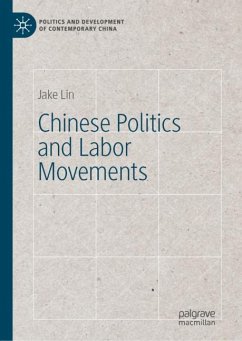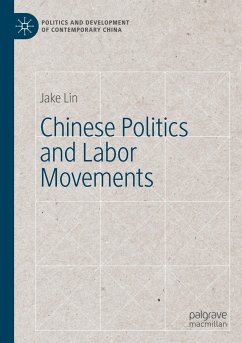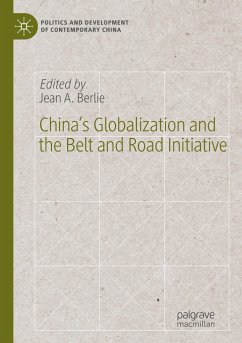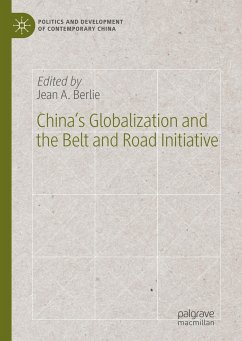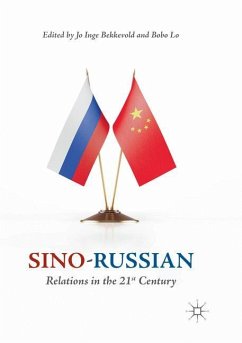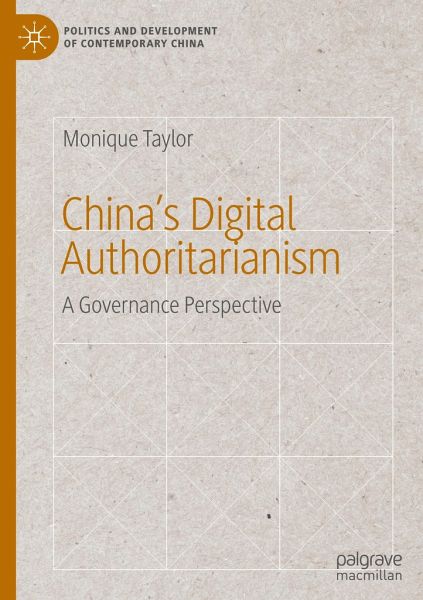
China's Digital Authoritarianism
A Governance Perspective

PAYBACK Punkte
17 °P sammeln!
This book provides a governance perspective on China's digital authoritarianism by examining the political and institutional dynamics of the country's internet sector in a historical context. Using leading theories of authoritarian institutions, it discusses China's approach to the internet and methods of implementation in terms of party-state institutions and policy processes. This provides a much-needed 'inside out' perspective on digital authoritarianism that avoids the perception of China as some coherent and static monolith. The study also offers a powerful rationale for China's cyber sov...
This book provides a governance perspective on China's digital authoritarianism by examining the political and institutional dynamics of the country's internet sector in a historical context. Using leading theories of authoritarian institutions, it discusses China's approach to the internet and methods of implementation in terms of party-state institutions and policy processes. This provides a much-needed 'inside out' perspective on digital authoritarianism that avoids the perception of China as some coherent and static monolith. The study also offers a powerful rationale for China's cyber sovereignty as an externalisation of its domestic internet governance framework and broader political-economic context. As China shifts from rule-taker to rule-maker in world politics, the Chinese Dream (zhongguo meng) is now going global. Beijing's digital authoritarian toolkit is being promoted and exported to other authoritarian regimes, making China a major driver of digital repression at the global level.







